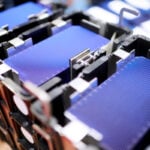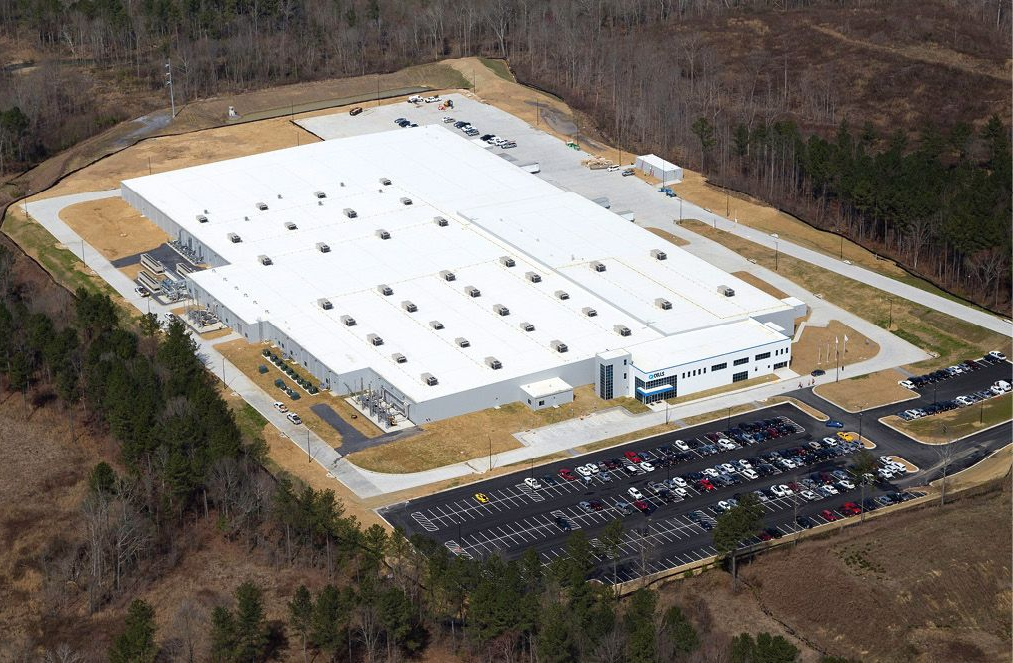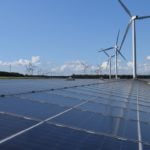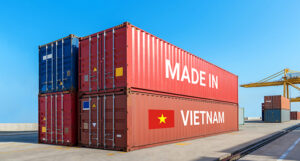Latest
Features , Guest Blog , Long Reads
Meyer Burger’s manufacturing facilities had a capacity of 1.4GW last year, but used just 650MW of this capacity. Image: Meyer Burger.
Swiss PV manufacturer Meyer Burger and US-based firm Solestial have announced a “strategic partnership” to scale the manufacturing of silicon solar technology for use in space.
Under the agreement, Solestial will deliver its ultra-thin silicon wafers to Meyer Burger, which are notable as they can anneal damage from radiation to electrons and protons at temperatures of 65 degrees Celsius. This makes the cells particularly useful for deployment in space, where cells can be damaged by exposure to radiation. Meyer Burger will apply its silicon heterojunction (HJT) technology to the wafers.
This article requires Premium Subscription Basic (FREE) Subscription
Unlock unlimited access for 12 whole months of distinctive global analysis
Photovoltaics International is now included.
Regular insight and analysis of the industry’s biggest developments
In-depth interviews with the industry’s leading figures
Unlimited digital access to the PV Tech Power journal catalogue
Unlimited digital access to the Photovoltaics International journal catalogue
Access to more than 1,000 technical papers
Discounts on Solar Media’s portfolio of events, in-person and virtual
Or continue reading this article for free
Meyer Burger will then return the products to Solestial’s facility in Tempe, Arizona, for cell metallisation, finishing and integration into solar modules. Solestial notes that, considering that there have been a number of new innovations in perovskite technology, including a n additive developed by researchers from the Chung-Ang University in Korea, the power conversion efficiency of its cells could exceed 30%, although it has not supplied further details on this target.
This joint manufacturing process is set to begin by September this year, and Meyer Burger noted that the scale of its manufacturing facilities, which boast a potential annual capacity of 1.4GW, will enable the companies to provide “enough solar modules to power hundreds of spacecrafts” by the middle of next year.
“This partnership with Meyer Burger allows Solestial to take the next step in scaling production, delivering for our customers, and meeting the ever-growing demand for reliable, cost-effective, and abundant energy in space,” said Stan Herasimenka, CEO of Solestial.
However, Meyer Burger’s manufacturing work has struggled in recent months. In January, the company closed its module assembly plant in Germany, amid industry-wide growing concerns of the non-viability of European PV manufacturing, and while the company had a potential capacity of 1.4GW in 2023, it only operated around 650GW of this capacity, due to a lack of financial benefits for European-based manufacturing. Meyer Burger CEO, Gunter Erfurt, told PV Tech Premium that the move was a “massive disappointment”.
The company has since relocated its manufacturing work to the US, opening a 600MW module assembly plant in Arizona in June, the same state in which Solestial is based, to take advantage of supportive tax credits offered by the Inflation Reduction Act (IRA).
Space-based solar power has seen increased attention in recent years, with a number of programmes looking to assess the practical and financial viability of building PV systems in space. The Space Energy Initiative, a UK-based coalition of energy and space companies, for instance, suggests that a kilometre-long solar system could have a power capacity of 2GW, and produce power at a levelized cost of electricity of just £5/MWh (US$6.34/MWh).
However, considerable research into the field is still necessary, with even the Space Energy Initiative noting that operational space-based solar systems would not be in effect until the “mid 2040s”.
FREE WEBINAR -This webinar will feature the perspectives and views of PV Tech’s Head of Research, Dr. Finlay Colville, on how the U.S. PV manufacturing landscape is changing today and when we might expect additions to encompass cells and wafers.
This will be followed by a PV Tech special – a look inside one of the first new PV module fabs built in the U.S. this year; SEG Solar’s new site in Texas. Join Jim Wood, CEO at SEG Solar, as he walks around the new factory showing key features and explaining the rational for SEG Solar in making this investment into U.S. PV manufacturing in 2024.
San Francisco Bay Area, USA
PV Tech has been running an annual PV CellTech Conference since 2016. PV CellTech USA, on 8-9 October 2024 is our second PV CellTech conference dedicated to the U.S. manufacturing sector. The event in 2023 was a sell out success and 2024 will once again gather the key stakeholders from PV manufacturing, equipment/materials, policy-making and strategy, capital equipment investment and all interested downstream channels and third-party entities. The goal is simple: to map out PV manufacturing in the U.S. out to 2030 and beyond.
Understanding PV module supply to the European market in 2025. PV ModuleTech Europe 2024 is a two-day conference that tackles these challenges directly, with an agenda that addresses all aspects of module supplier selection; product availability, technology offerings, traceability of supply-chain, factory auditing, module testing and reliability, and company bankability.
The conference will gather the key stakeholders from PV manufacturing, equipment/materials, policy-making and strategy, capital equipment investment and all interested downstream channels and third-party entities. The goal is simple: to map out PV manufacturing out to 2030 and beyond.
Read Next
Competitive deal processes are rising in the US tax credit transfer market for clean energy technologies, according to Crux.
US firm Sunnova has reported reduced losses in the second quarter of 2024, with losses falling to US$79.7 million.
The flagship development is the Esmerelda 7 solar and battery energy storage system (BESS) project, which comprises seven utility-scale solar facilities with a combined 5.35GW of generation capacity.
Clean energy developer EDP Renewables North America, Arizona utility Salt River Project (SRP) and US technology giant Meta have commissioned the 200MW Brittlebush Solar Park in the US state of Arizona.
The Spanish Ministry of Ecological Transition (MITECO) has published the regulatory basis for the €750 million (US$812 million) incentive scheme for renewables and storage manufacturing.
The company said that the new facility would produce 8GW of solar modules and 2GW of cells in the Sohar free port region of Oman.
Subscribe to Newsletter
Most Read
Upcoming Events
San Francisco Bay Area, USA
https://www.pv-tech.org/meyer-burger-solestial-partnership-space-based-solar-module-manufacturing/





